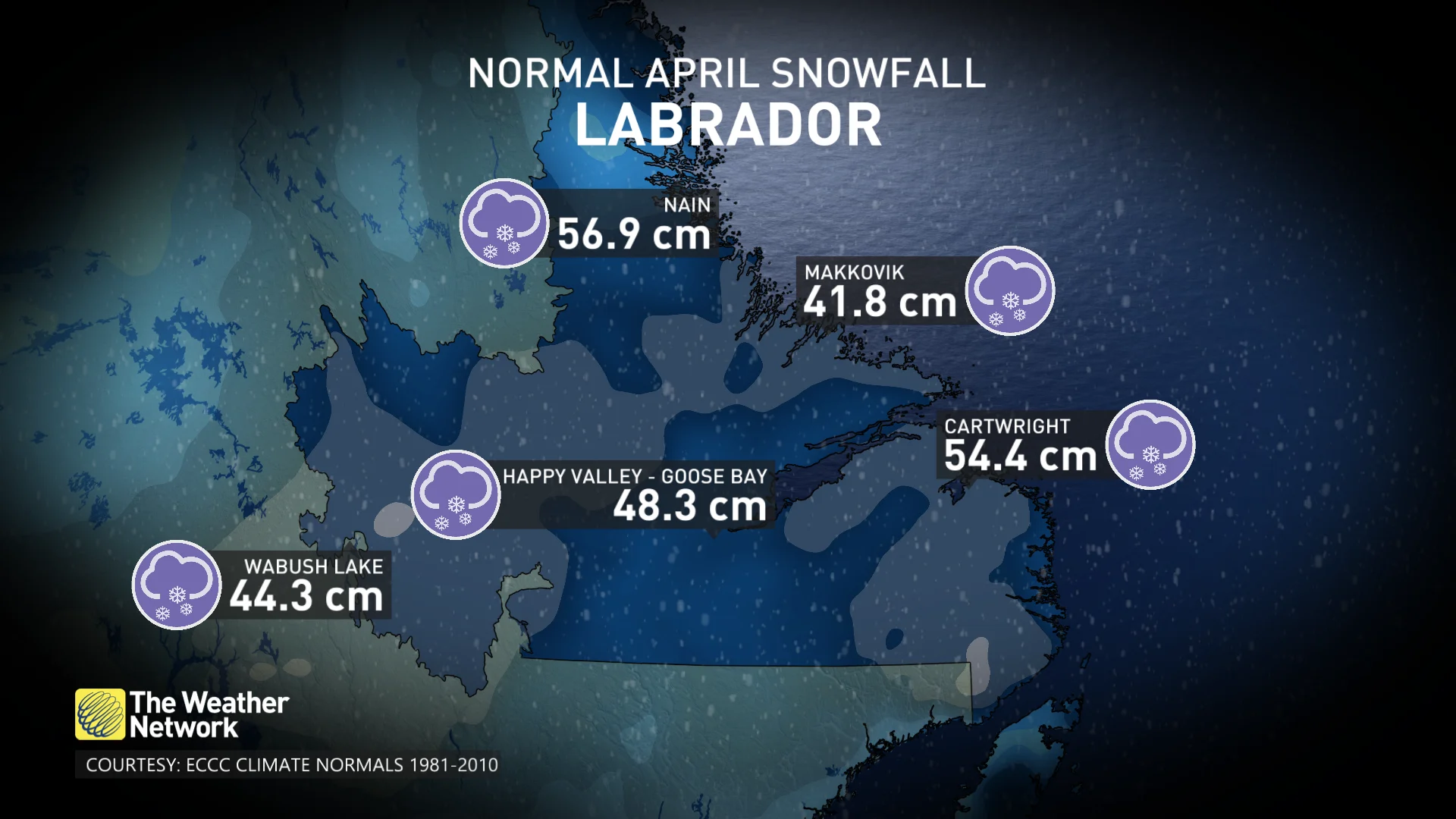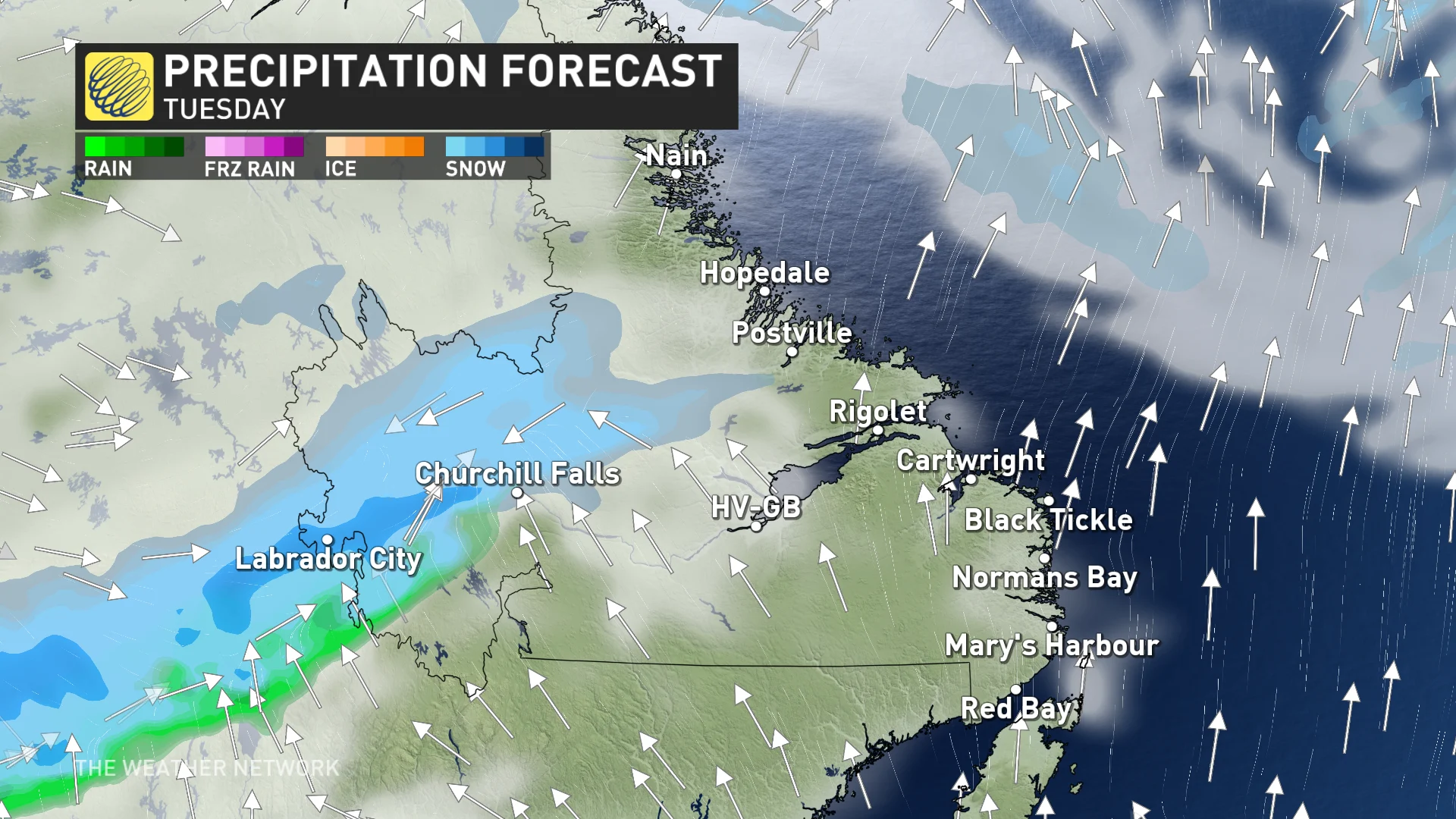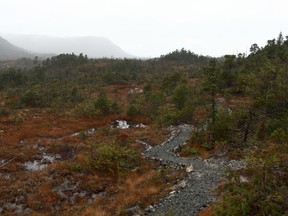Article content
Here is a roundup of stories from The Canadian Press designed to bring you up to speed on what you need to know today…
Tourism operators face heavy debt, even as business roars back

Robust efforts are underway to delay the spread of the new coronavirus that is spreading around the world, but Canadians should prepare for the “eventuality” of a domestic COVID-19 outbreak, says Health Minister Patty Hajdu.
Speaking at a briefing on the government’s response to the health crisis, Hajdu said the pressing goal is to contain and delay an outbreak to give the health-care system time to get through a “significant” influenza season.
“If we can delay community transmission to beyond the normal typical flu season, then we can provide some slack in the health-care system to address things like shortages of beds and the burden on health-care systems that often times flu season exacerbates,” she said.
But Hajdu warned efforts can only delay the inevitable.
“This is a virus that knows no borders, and that is growing. Each day there are countries that have new cases and new outbreaks and new situations,” she said.
“We know that eventually this is likely something that we’ll see in one of our communities.”
Chief Public Health Officer Theresa Tam said authorities at all levels of government have been adapting Canada’s “well-established and tested” pandemic influenza preparedness plan to respond to the specific challenges of COVID-19. Authorities are taking stock of what resources may be needed and what contingency plans may need to come into effect, such as postponing elective surgeries to free up hospital beds.
Tam said everyone has a role to play in managing the response, from taking precautions like washing hands and coughing into elbows, to refraining from showing up at the emergency room when you may be sick with COVID-19.
“Call ahead and make sure you’re not negatively impacting those health-care facilities,” she said.
Tam said the vast majority of people infected with the virus show very mild symptoms and can be cared for in the community, reserving scarce hospital resources for those who really need them.
Earlier today, Prime Minister Justin Trudeau announced a new cabinet committee to co-ordinate Canada’s response to COVID-19, warning that the global outbreak could take a heavy economic toll on Canadian industries such as travel, tourism and manufacturers that rely on a Chinese supply chain.
Speaking at an event in Saint-Jérôme, Que., Wednesday, Trudeau said many people and industries are seeing “challenging situations” because of the new coronavirus that is spreading around the world.
“This is not a situation that Canada created, but it is a situation we are going through and we will continue to work with our partners, with communities, with industry to ensure that we’re minimizing the impact and the disruption on Canadians,” he said.
Trudeau pointed to the travel and tourism sector, as well as any businesses that rely on parts or supplies from China, as particularly vulnerable to a slowdown.
The new cabinet committee tasked with overseeing Canada’s response to COVID-19 will co-ordinate efforts to limit the health and economic effects of the virus.
“We recognize that basing our decisions on evidence, on facts, on the best science available is going to be extremely important for keeping Canadians safe,” he said.
The committee, chaired by Deputy Prime Minister Chrystia Freeland, will complement the work done by the Incident Response Group, meeting regularly to co-ordinate and prepare for a response to the health and economic impacts of the virus.
On Wednesday, Freeland called for a “whole of country” approach to battle the virus.
“This is a situation which, of course, is a public health situation; it’s a situation which has economic consequences, which has international relations consequences, and I think all of us are first of all going to need to take some personal responsibility,” she said.
“Dr. Tam has offered some very clear and specific things each one of us should be doing, and we’re all going to have to be co-ordinating very closely. That is something we have already been doing and it’s something that I think we are going to continue to do in a very stepped up way.”
Trudeau said the committee will work with provincial, territorial and international partners to make sure Canada’s response “takes all possible measures to prevent and limit the spread of the virus in Canada.”
Other ministers on the eight-member committee include Health Minister Patty Hajdu, Public Safety Minister Bill Blair and Finance Minister Bill Morneau.
Kirsty Duncan, deputy government House leader and scientist who wrote a book on the origins of the 1918 Spanish flu, will also be a core participant of the meetings.
Morneau scheduled a teleconference with his provincial and territorial counterparts Wednesday to discuss the economic impact of COVID-19.
Earlier Wednesday, the Bank of Canada cut its key interest rate target by half a percentage point in response to what it called the “material negative shock” from the outbreak.
In a statement about the cut, the bank said that before the outbreak, Canada’s economy had been operating “close to potential with inflation on target.”
“However, COVID-19 represents a significant health threat to people in a growing number of countries. In consequence, business activity in some regions has fallen sharply and supply chains have been disrupted. This has pulled down commodity prices and the Canadian dollar has depreciated,” the statement reads.
There have now been 33 confirmed cases of COVID-19 in Canada; 20 in Ontario, 12 in British Columbia and one in Quebec.
Digital WritersThe Weather Network


Prepare for multiple rounds of April snowfall this week, as Labrador braces for wintry conditions. This onslaught of snow is expected to blanket the region, potentially leading to hazardous travel conditions and disruptions throughout the week
As we march even deeper into the heart of the spring season, many parts of Canada are finding it tough to find any consistent signs of warming weather. Add to the mix periods of snow and wintry precipitation, and it’s safe to say the winter season is certainly not going out without a strong fight.
This week, parts of the East Coast will bear the brunt of the winter weather, with multiple rounds of April snowfall stacking up in Labrador. The chances for snow flurries will stick around all week long, bringing as much as 25 cm for some.
MUST SEE: Extreme pattern over Arctic produces 50+ degree temperature spread
Although 25+ cm of snow in April may seem extreme, for this part of the country, it’s definitely nothing out of the ordinary. In fact, the month as a whole brings about 40-50 cm of snow to Labrador on average.


Some communities, including Nain, even have snowfall chances stretch all the way into June!
“This week will be a little bit different however, as some regions could reach about half of Labrador’s monthly averages alone,” says Rachel Modestino, a meteorologist at The Weather Network. “The first round on Tuesday will pack quite the punch, with heavy snow and gusty winds stretching from Labrador city to the coast.”


Winds will be gusting between 70-90 km/h at times, and travel conditions will likely deteriorate quickly due to potential whiteouts and reduced visibility.
Witnesses described hearing a loud blast and seeing large plumes of black smoke on Tuesday morning as a building under construction in Halifax’s north end caught fire.
A message on Halifax’s alert system said the fire was at a building in the area of Robie and St Albans streets. About an hour later, the municipality said the fire was out.


The alert warned people who live on the peninsula to close their windows due to smoke from the fire possibly being toxic.
“Residents and businesses near the fire should still keep windows closed and air exchangers turned off until air quality conditions improve in the coming hours as a precaution,” the municipality said on X, formerly known as Twitter.
Halifax Regional Police were asking people to avoid the area during what is normally a time of heavy morning traffic.


James Shaw lives nearby. He said he heard a blast around 8:20 a.m. local time.
“It shook the whole house,” Shaw said in an interview at the scene. “So I came outside … and saw this incredible building here on fire. Big black smoke. Lots of sparks and stuff going.”


Mike Clark was working on the building adjacent to the one that caught fire. He said he was on the 30th floor when the roof of the other building caught fire and propane tanks blew up.
He said construction crews were then evacuated from the building.
“The elevator was shut down and everyone went down the stairs and out the door,” he said. “Everybody on each floor has a horn to check if anybody was left in the building. Sounded the horn and walked down. It was very organized.”




Here is a roundup of stories from The Canadian Press designed to bring you up to speed on what you need to know today…
Tourism operators face heavy debt, even as business roars back
Article content
Canadian tourism operators says the tourism sector hasn’t returned to what it was pre-COVID.
Many businesses report carrying a heavy debt load, with Vancouver-based ecotourism company Maple Leaf Adventures saying it’s carrying it’s heaviest debt load in 38 years.
Advertisement 2
Article content
Co-owner Maureen Gordon says while she and her competitors are recovering, higher interest rates are putting a damper on the post-COVID rebound.
Tourism Industry Association of Canada C-E-O Beth Potter says while the sector brought in 109-billion dollars in revenue last year, the federal government must help out by bringing in a new low interest loan program.
Tourism Minister Soraya Martinez Ferrada has said tourism operators have been affected by the warmest winter on record, but will be helped by the federal carbon rebate.
Here’s what else we’re watching …
Trudeau to make announcement in Saskatoon today
Prime Minister Justin Trudeau will be in Saskatoon today, where he will make an announcement highlighting measures focused on youth, education, and health that were contained in last week’s budget.
Joining Trudeau at the announcement in Saskatchewan’s largest city are minister for northern affairs Dan Vandal and Women and Gender Equality and Youth Minister Marci Ien.
Trudeau has faced conflict with the Saskatchewan Party government, whose leader, Premier Scott Moe, has been a vocal and long-standing opponent of the federal carbon levy.
Advertisement 3
Article content
Moe is one of several premiers who have asked Trudeau to host a meeting to discuss alternatives to the consumer carbon price.
—
‘Perfect storm’: Quebec farmer protests continue
Quebec farmers are continuing a series of protests that have brought slow rolling tractors to communities across the province’s agricultural regions.
The president of Quebec’s farmers union Martin Caron says producers are struggling with higher interest rates, growing paperwork and fees on plastic products, like containers of seeds, fertilizer and pesticides.
His organization is asking the current Coalition Avenir Quebec government to ensure farmers can get loans with interest rates of three per cent.
A spokesperson for Quebec’s agriculture minister says farmers can get emergency financial aid through a new program and that the government is consulting with the farmers union about reducing paperwork.
—
Study shows caribou growth at wolves’ expense
New research suggests western Canada’s caribou population is growing.
But the same study also shows the biggest reason for the rebound is the slaughter of hundreds of wolves, a policy which will likely need to continue.
Advertisement 4
Article content
Thirty-four researchers compared notes on herds in Alberta and British Columbia based on a study in Ecological Applications and found between 1991 and 2023, the caribou population dropped by half.
However, over the last few years the numbers have begun to slowly rise, as it’s estimated there are now more than 1500 caribou than there were had not restoration effort been made.
—
Second World War hangar in Edmonton burns in fire
An aircraft hangar built during the Second World War at Edmonton’s former municipal airport has been destroyed by fire.
A spokesman for the City of Edmonton says in an email firefighters were called to Hangar 11 just before 7 p.m. Monday.
The city’s email says 11 fire crews were dispatched to the scene to deal with the heavy smoke and flames and the wooden building later collapsed.
—
How a Newfoundland town shaped creepy ‘King Tide’
A new movie shot in Newfoundland showcases a community heavily reliant on a magical child.
“The King Tide” is about an isolated villagers having their lives forever changed after a mysterious infant washes up on their shores, the sole survivor of a devastating boat wreck.
They name the baby Isla, raise and learn she has healing powers promising immunity from injury and illness.
As the years pass, they become reliant on Isla’s abilities, but when her powers start to fade, a panic sets in as the community begins to fracture.
The movie was shot by Newfoundlander Christian Sparkes in Keels, Newfoundland, a former bustling fishing community which he says he’s been looking to film in for years, but couldn’t until recently due to the cost.
This report by The Canadian Press was first published April 23, 2024.
Article content
Honda to build electric vehicles and battery plant in Ontario, sources say – Global News




Will We Know if TRAPPIST-1e has Life? – Universe Today
Down 80%, Is Carnival Stock a Once-in-a-Generation Investment Opportunity?




See how chicken farmers are trying to stop the spread of bird flu – Fox 46 Charlotte




Simcoe-Muskoka health unit urges residents to get immunized




Own a cottage or investment property? Here's how to navigate the new capital gains tax changes – The Globe and Mail




Lyrid meteor shower 2024: How to see a stunning fireball tonight – BBC Science Focus




Peace Regional RCMP Looking For Missing Person
Comments